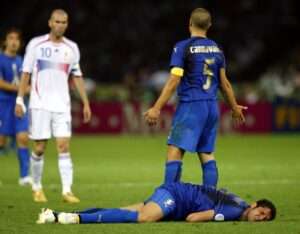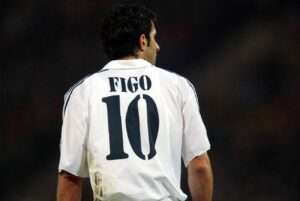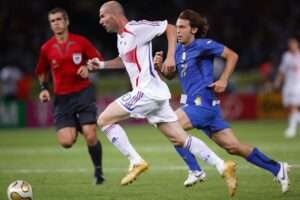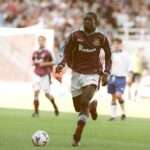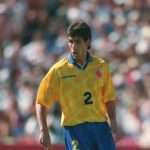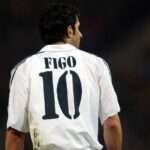The Togo bus attack shook the world of soccer in 2010 as three officials were killed in the shooting and several injured.
The team were traveling through the Angola province of Cabinda on the way to the 2010 Africa Cup of Nations tournament when the bus came under attack from gunmen.
The Front for the Liberation of the Enclave of Cabinda – Military Position (FLEC-PM), an off-shoot of the Front for the
Liberation of the Enclave of Cabinda (FLEC), a group promoting independence for the province of Cabinda, claimed responsibility for the shootings. Secretary General of the FLEC-PM, Rodrigues Mingas, claimed that the attack was not aimed at the Togo team, but rather the Angolan forces at the head of the convoy.
Bus driver Mário Adjoua, the team’s assistant manager Abalo Amelete, and media officer Stanislas Ocloo were killed, with nine others injured. The attack reportedly went on for at least 30 minutes.
Among the most seriously injured was goalkeeper Kodjovi Obilalé who was shot in the lower back. He never played again.
Joao Antonio Puati, an Angolan man, was sentenced to 24 years in prison for the attack after being found guilty of committing ‘armed rebellion’. He pleaded not guilty and denied links to FLEC-PM.
Another man, Daniel Simbai, was acquitted of the same charges.
Emmanuel Adebayor, the most high profile player on the bus and the best known Togo player in history, told the BBC it
was “one of the worst things I’ve ever been through in my life”.
“They shot dead our driver, there was no-one to drive the bus,” he said.
“It was like we were living in a dream.
“I am one of those who carried the injured players into the hospital – that is when I realized what was really going on. All the players – everyone was crying, calling their mums, crying on the phone, saying their last words because they thought they’d be dead.”
The striker said those in the vehicle had to continue to dodge bullets to jump into the cars that were eventually sent to rescue them.
Another player, Thomas Dossevi, said they had been “machine-gunned, like dogs”.
Midfielder Richmond Forson told French TV channel Canal Plus how the attack could have been worse, with the bus in front bearing the brunt of the bullets.
“It was the bus carrying our baggage which was in front of us which they fired on the most,” he explained.
“They thought we were in the bus in front, fortunately for us. That’s what saved us.
“Then they fired on our driver and those who were in front. The windscreen was shattered by the first bullets.”
Togo pulled out of the 2010 Africa Cup of Nations and were subsequently banned for the following two tournaments. However, they were reinstated in 2013 and went on to reach the quarter finals.

